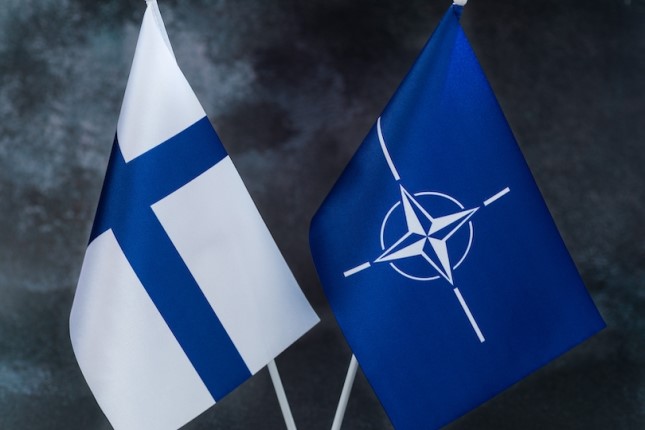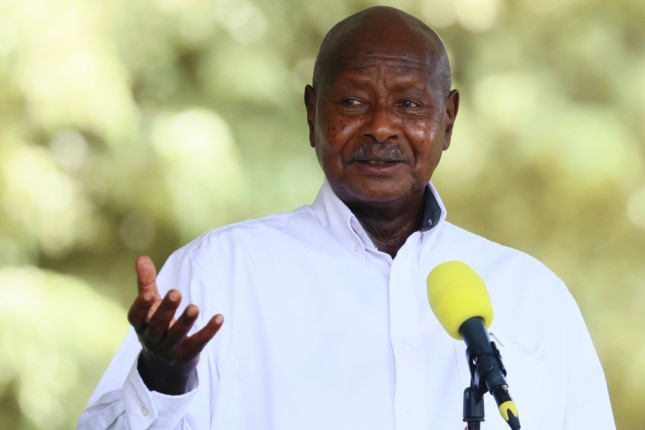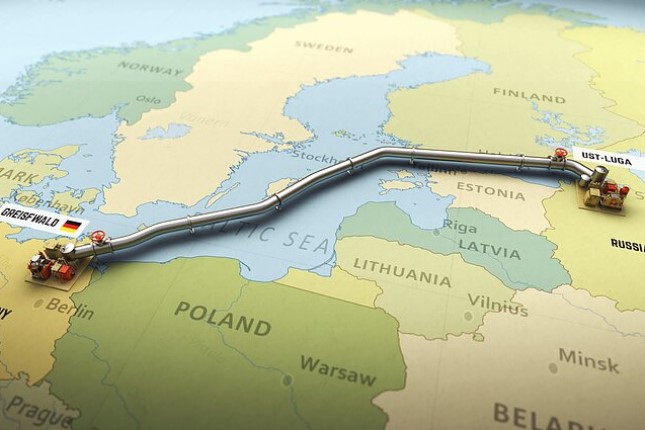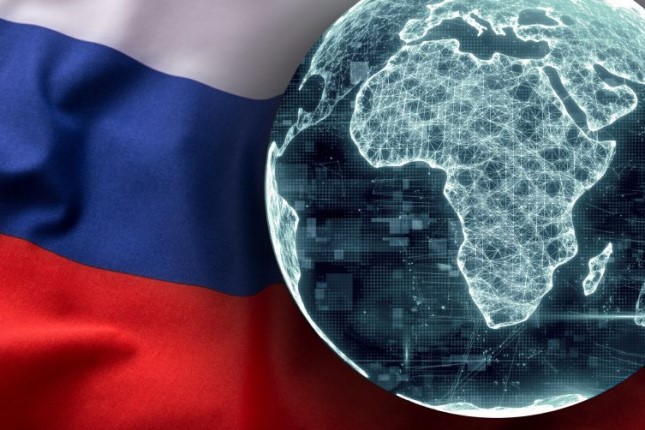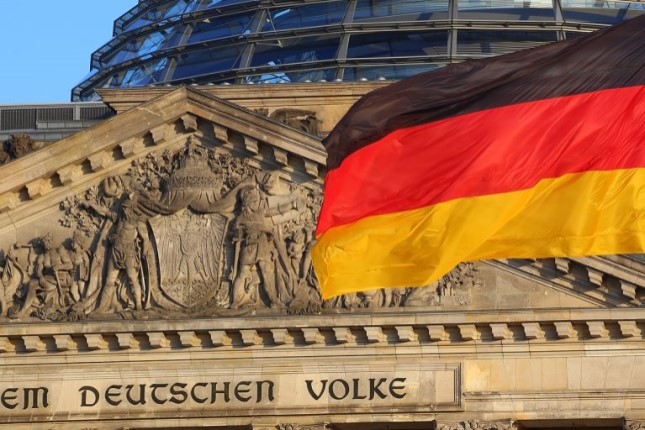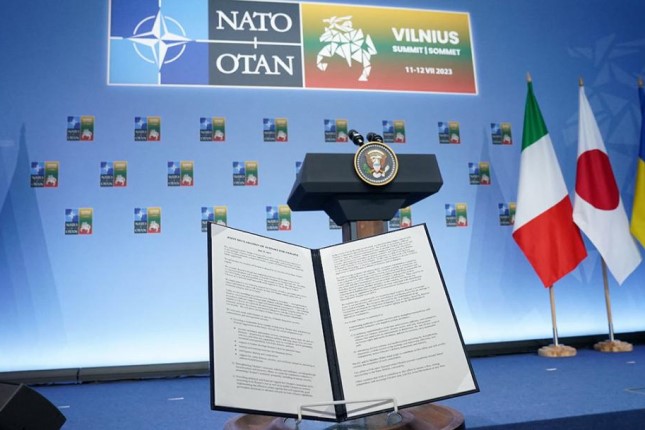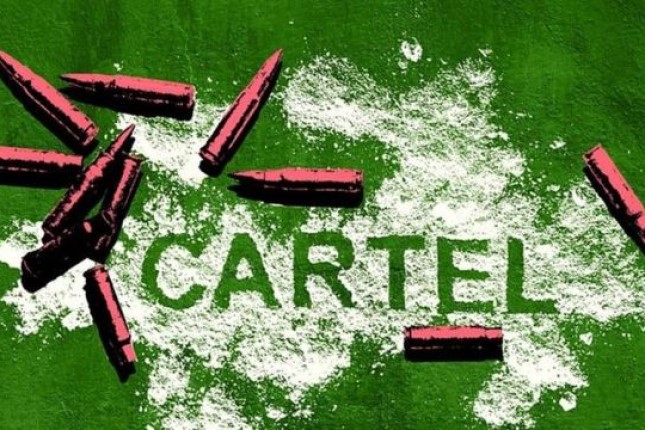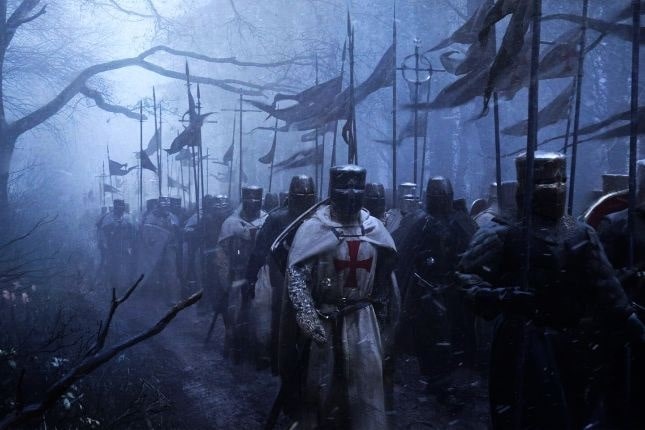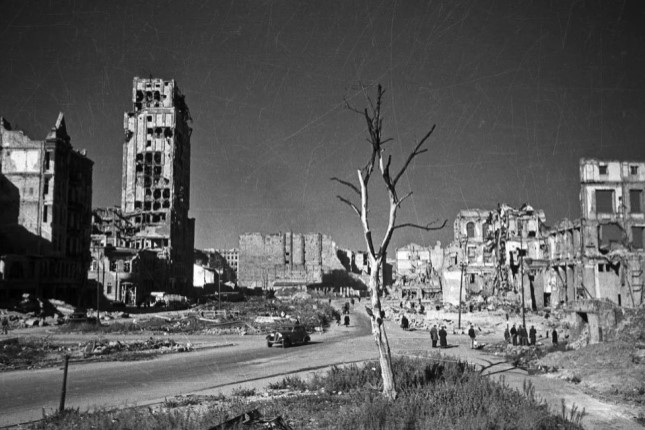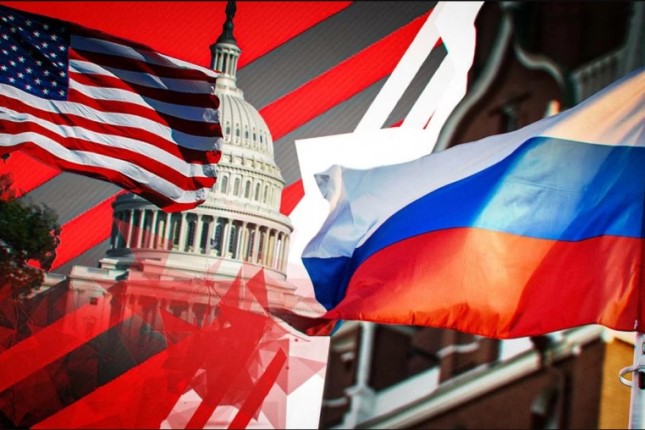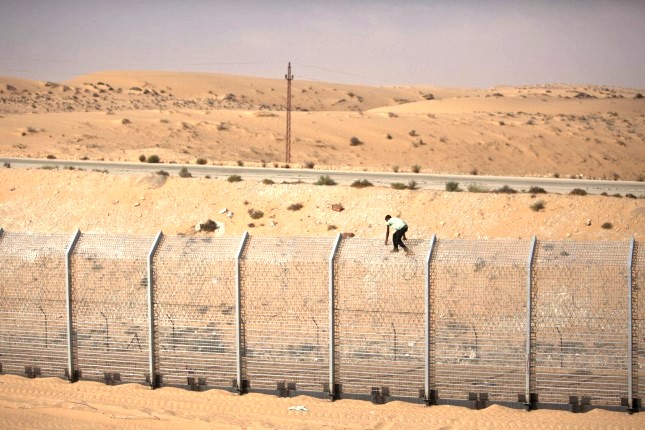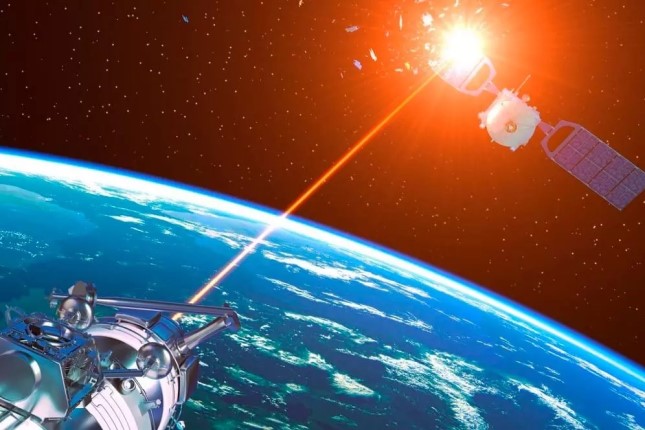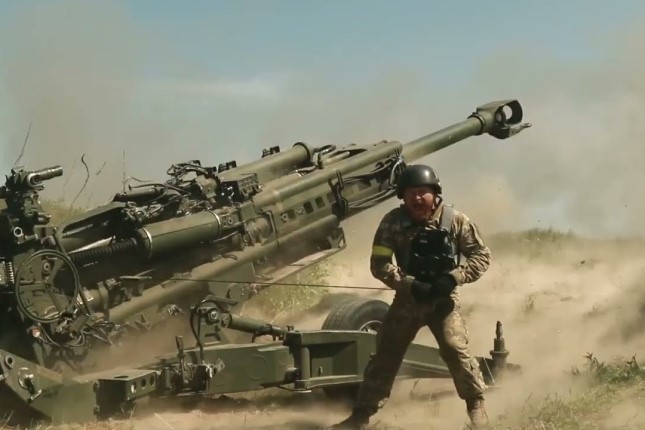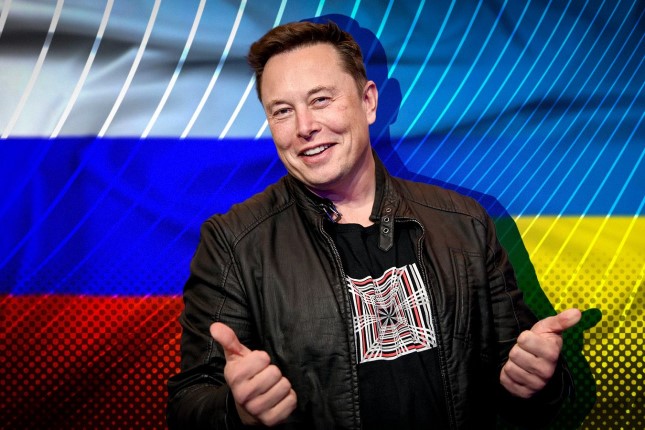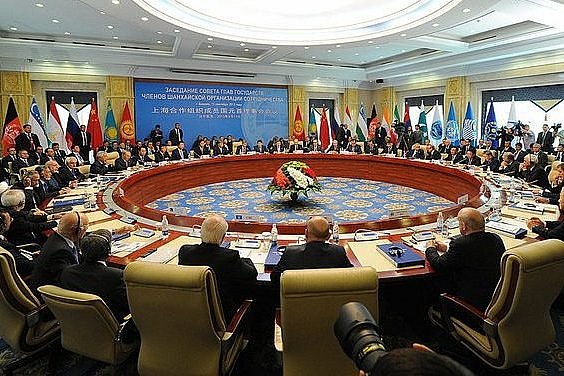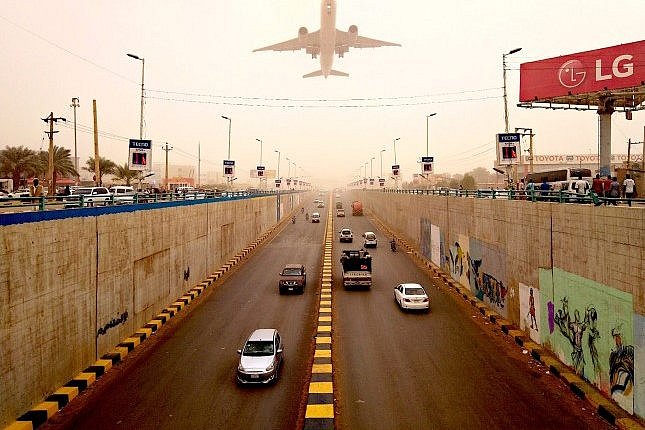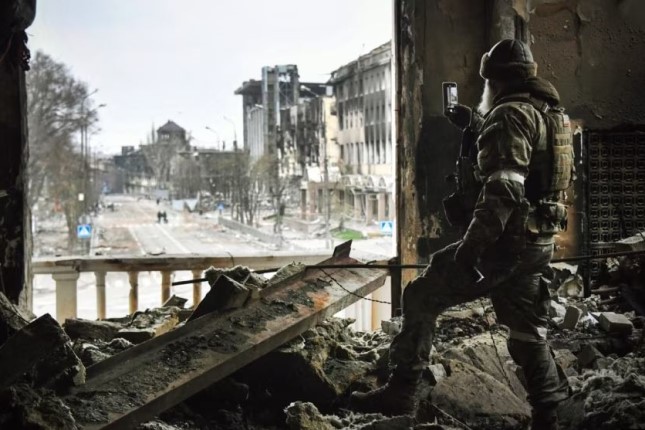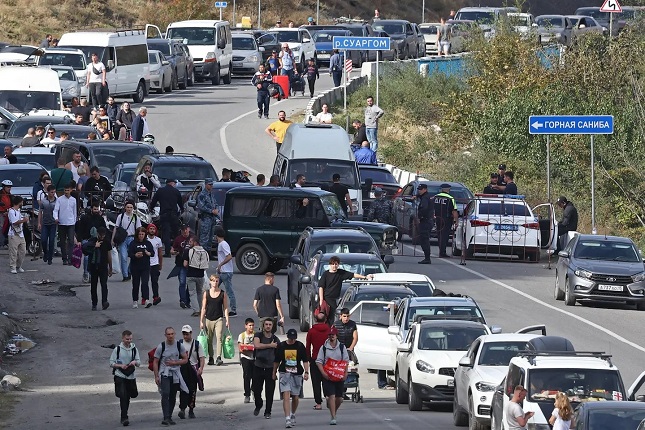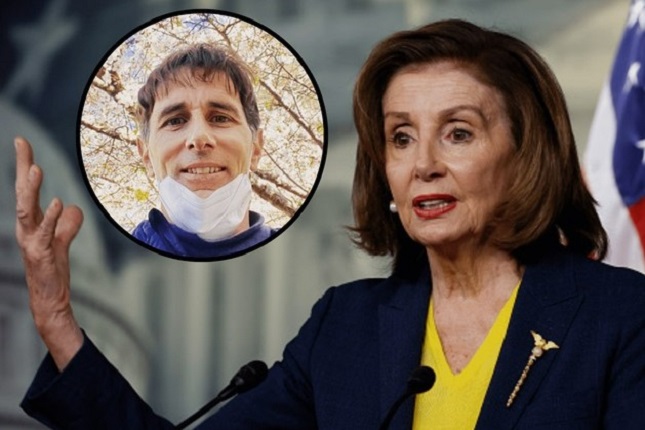The outgoing year has been a tough one, for sure. But was it really any worse than the pandemic years of 2020 and 2021? That depends on how you look at it.
Life in the early 2020s is like reading the Book of Revelation or some other work of eschatology. And the new year is sure to bring the world yet more severe trials. It won't be an easy one.
However, on the bright side, we are getting used to the instability of such a troubled period of human history, and it is getting easier to handle. So, let's find some positive news.
One positive thing from 2022 is that at least the world has so far managed to avoid the nightmare of nuclear war. Despite the large-scale war between Russia and Ukraine, with the latter supported by its Western allies, both Russia and NATO really are trying their best not to get into a direct military confrontation.
And they have succeeded thus far. In fact, it was Ukraine that more than once demanded more and more supplies of heavy weapons, which if used against Russia, would immediately escalate the conflict in a dramatic and uncontrollable way. But something good about American gerontocracy is that at least Cold War veteran Joseph Biden well remembers the Caribbean crisis, and is very careful not to cross any red lines.
Santa, please, no nuclear missiles under the Christmas tree this year. Deal?

For sure, the Russian-Ukrainian war will remain the central event, determining all the most important tendencies in world politics and the global economy in the coming year. And here is something important to understand: any hopes for a blitzkrieg that involved parties might have been nurturing were completely dashed in 2022.
Russian generals may have been dreaming of seizing Kyiv in a couple of weeks and getting half of Ukraine under control within a month, but the Ukrainian army demonstrated at least high morale and enough strength to resist vehemently. After 10 months, Russia managed to establish control over significant territories in the south and in the east, but an overall Russian victory is still a long way's off.
Similarly, Ukrainian and Western expectations that Russia would be unable to mobilize, equip, and train more troops also proved nothing more than wishful thinking. "We should not underestimate Russia. Russia is planning for a long war," NATO Secretary General Stoltenberg said in a recent interview. In other words, both sides are stubborn and will not give up easily, which means the war will likely continue throughout the whole of 2023, remaining the central topic of global concerns.
At the same time, Western sanctions against Russia have equally failed to destroy the Russian economy. It is so obvious now that it is no longer a secret even for the mainstream US media. "More than nine months after the invasion, neither the war effort nor the economy has collapsed, and the economic pain is still limited for many Russians," New York Times columnists recently admitted.
For sure, the sanctions are not much fun for the Russian people, but even such relatively small economies as those of Iran or Cuba managed to adapt to this pressure and survive for decades. With all their natural resources and with so many countries willing to profit from trade with Russia despite the sanctions, Russians will … perhaps not exactly flourish, but survive with basic comfort. For decades.

The situation is similar for the European energy system. Let's cut to the chase: Slashes in Russian oil and gas supplies inevitably entail harsh long-term effects for the European economy, making it less competitive. Most likely Europe will continue to grow poorer, less safe, and more provincial year after year. But hopefully no one will freeze this winter.
The war's economic side effects will certainly spread to other parts of the world as well, including the most poor and vulnerable countries of Africa and Asia. Food and fuel prices will consistently rise, not to mention the risk of famine in some of the poor countries that depend on wheat imports from Ukraine and fertilizers from Russia. One can only hope that these supply chains will be somehow reshaped and protected for the sake of mankind.
Indeed, the world has become quite an unpredictable and even fearsome place to live. Nevertheless, the global population reached 8 billion in 2022! Congratulations? Well, yes and no, depending on how you look at it. But it is quite a milestone either way.
There is, however, another demographic prediction for 2023. According to UN estimates, India is projected to surpass China as the world's most populous country. India's population is estimated at 1.41 billion for 2022, while China's is 1.43 billion. But India's population is growing faster, and the countries are expected to equalize quite soon.
It looks like 2023 will also be the next stage in the US-China trade war, centered on the small island of Taiwan, the main producer of many of the world’s most essential microchips used by various technology companies. The US already restricted sales of high-end computer chips used in artificial intelligence, as well as equipment for their production, and a number of other technologies to China in the fall of 2022. This was a rather harsh step, and China will no doubt find a way to respond.
Artificial intelligence has developed tremendously in recent years, and is set to revolutionize (or maybe also disrupt) very different spheres in a very unexpected way − from poetry-writing to facial recognition, surveillance, and weapons productions. The latter means there will be fierce competition in this field, and there is no guarantee of fair play.

All this being said, we should not forget about simple, everyday optimism, but look to the future with hope. After all, it is up to every one of us what Santa will bring us for 2023.


